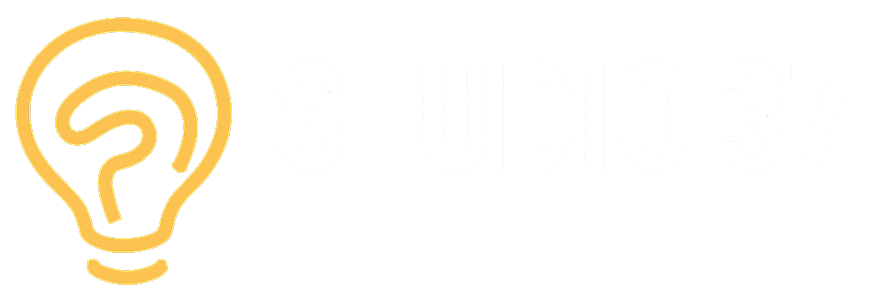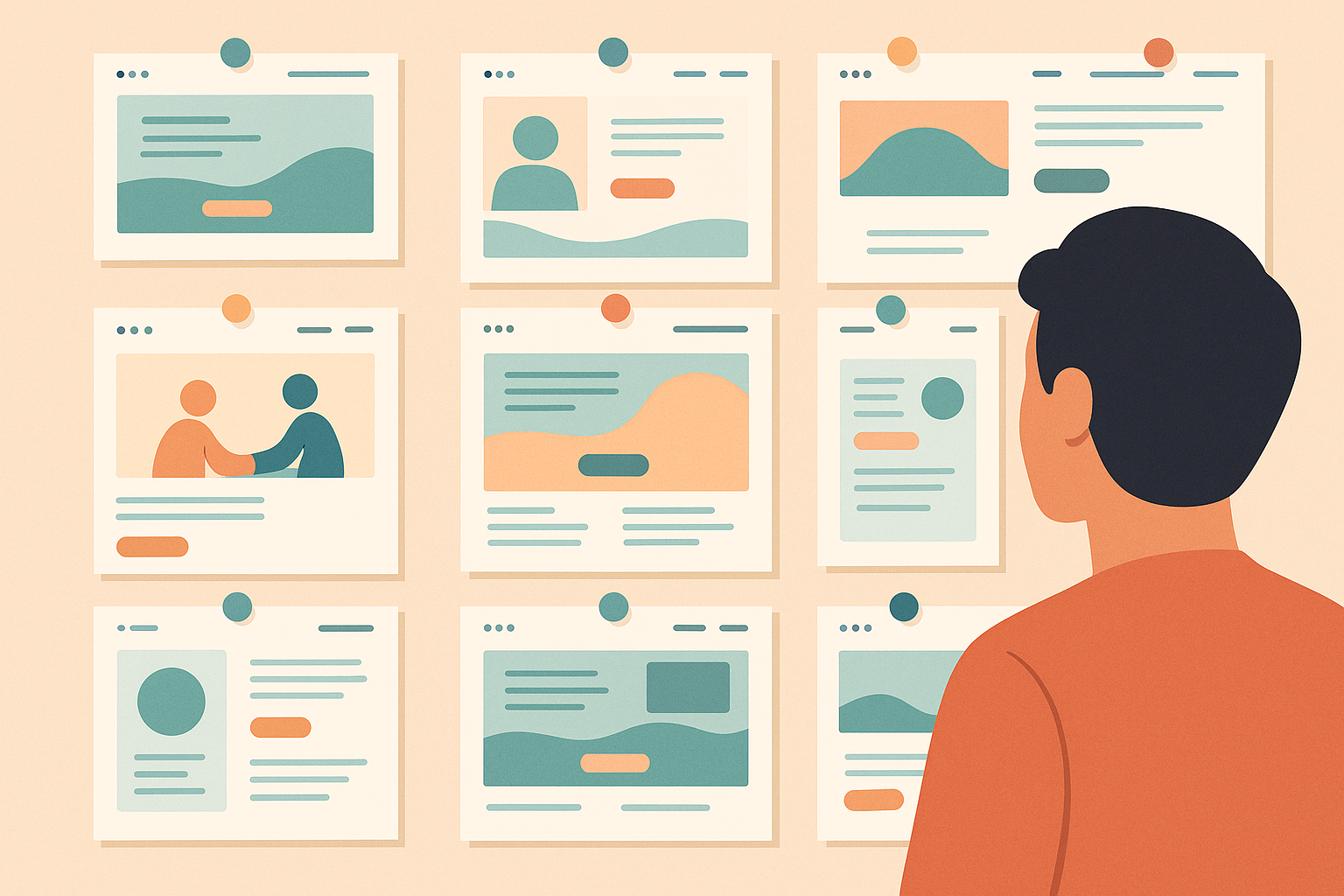Best Therapy Websites: 10 Inspiring Examples for 2025
Finding the right design inspiration for your therapy website can be overwhelming. We've analysed hundreds of therapy websites across Australia to identify the key elements that make some sites convert visitors into bookings while others struggle.
What Makes a Therapy Website Work
Before diving into our examples, here are the essential elements every successful therapy website includes:
- Clear, empathetic messaging that addresses client concerns
- Prominent booking buttons and contact information
- Professional headshots that build trust
- Simple navigation focused on services and contact
- Mobile-responsive design for clients browsing on phones
- AHPRA compliance and privacy statements
10 Inspiring Therapy Website Examples
1. The Minimalist Approach
Clean layouts with plenty of white space help anxious clients feel calm. Single-column designs guide visitors naturally toward booking buttons without overwhelming them with choices.
2. Warm, Welcoming Photography
Professional headshots showing genuine smiles create immediate connection. Avoid stock photos - authentic images of your practice space and yourself perform significantly better.
3. Clear Service Descriptions
Successful therapy websites explain services in plain language. Instead of "I provide evidence-based interventions," try "I help people work through anxiety using proven techniques like CBT."
4. Integrated Online Booking
Websites using Halaxy, Cliniko, or Power Diary see 40% more bookings than those requiring phone calls. The booking process should be visible from every page.
5. Client Testimonials Done Right
Anonymous testimonials focus on outcomes: "After 6 months, my panic attacks have almost completely stopped" rather than generic praise.
6. Telehealth Integration
Post-COVID, clients expect telehealth options. Successful sites clearly explain how virtual sessions work and what clients need to prepare.
7. Local SEO Optimization
The best therapy websites include location-specific pages and Google Business Profile integration to help local clients find them.
8. Accessibility Features
WCAG-compliant design isn't just ethical - it expands your potential client base and improves SEO rankings.
9. Fast Loading Times
Therapy websites lose 25% of potential clients for every second of load delay. Optimized images and clean code are essential.
10. Clear Pricing and Policies
Transparent pricing reduces booking friction. Include information about Medicare rebates, private health fund coverage, and cancellation policies.
Common Mistakes to Avoid
Many therapy websites make these conversion-killing errors:
- Using therapy jargon instead of plain language
- Hiding contact information on separate pages
- Auto-playing videos or music that startle visitors
- Complex navigation with too many menu options
- Generic "About" pages that don't address client concerns
Technical Essentials
Your therapy website needs these technical foundations:
Booking Integration: Seamless connection to practice management software Mobile Optimization: Over 60% of therapy clients browse on mobile devices SSL Certificate: Essential for client trust and Google rankings Schema Markup: Helps Google understand your services and location Google Analytics: Track which pages convert visitors into bookings
Getting Professional Help
Building a professional therapy website requires balancing clinical expertise with web design knowledge. Consider partnering with specialists who understand both therapy practices and digital marketing.
At Studio 37, we create custom websites specifically for Australian mental health professionals. Our designs prioritize client trust, AHPRA compliance, and booking conversions.


